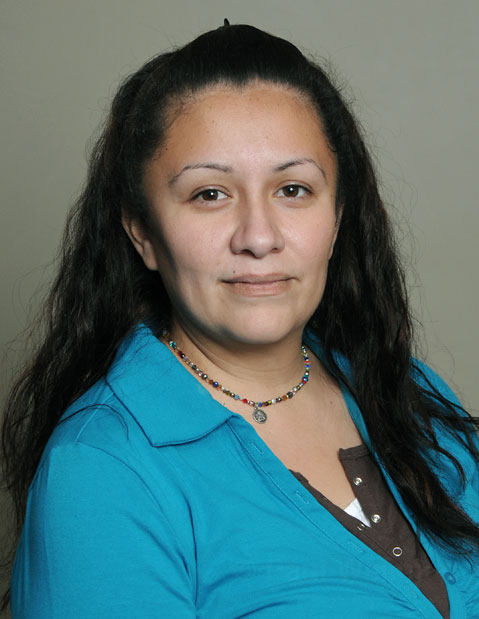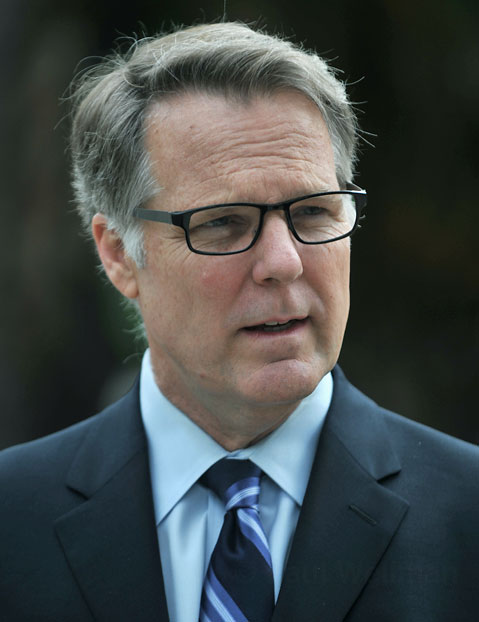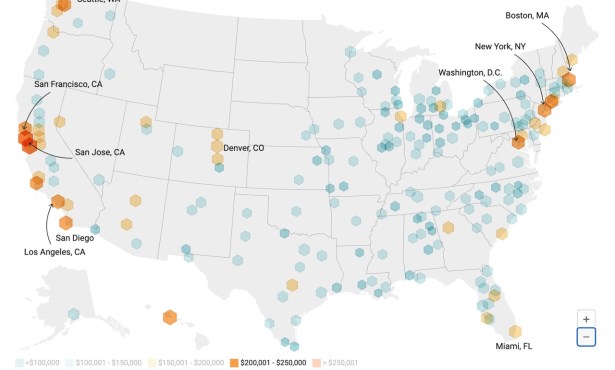Gang Injunction Blistered
Redundant, Overarching, and too Expensive, Critics Say
The gang injunction proposed by the City of Santa Barbara got blistered by a panel of eight attorneys, all of whom represent some of the 30 individuals named in the injunction, as well as the activists with Mi Palabra and Movimiento Esperanza, the two organizations that hosted the forum on the proposed injunction last Thursday night at the downtown Moose Lodge. According to its critics, the proposed injunction will mostly ban behaviors that are already illegal — such as threatening, intimidating, or extorting others, possessing drugs, or acting as a crime lookout. But they expressed most concern about proposed prohibitions that would limit the rights of the people named to assemble with whom and where they pleased, and even how they dressed.
For example, the injunction would limit the rights of gang members named in the filing from engaging in what’s now legal behavior — like associating in public spaces throughout Santa Barbara’s Eastside, Westside, and downtown. Likewise, they would not be allowed to congregate near schools. And if known gang members named in the injunction dressed in sports gear representing any of the city’s gangs — like the Chicago White Sox for the Westside gangs — they could be charged with contempt of court.

Jacqueline Inda, a community activist with the organization Movimiento Esperanza, moderated the forum with help from J.P. Herrada, a former gang member with the organization Mi Palabra who works now at getting young men out of gangs. Although the attorneys on hand added to the discussion, Inda and Herrada did most of the talking. They complained that the injunction was never vetted in public by the Santa Barbara City Council before it was announced to the community about a year ago as a done deal, though the council had discussed the matter in closed session. No one was given an opportunity to object.
They complained that the proposed injunction — which names 30 people — is way too open-ended because it opens the door to an additional 300 real or imagined gang members. Nothing in the language of the proposed injunction, they charged, outlines what conditions must be met for the measure to be deemed a success or a failure. And nothing stipulates when the injunction will end, if ever. Likewise, they said, nowhere is any public accounting made detailing how much the injunction has cost, making it impossible to compare that amount with how much City Hall is spending on gang intervention and prevention programs.

With one notable exception, the event was strikingly one-sided; all of the featured speakers opposed the injunction, and no one supporting the measure was on the crowded dais. Prosecutor Hilary Dozer — who specializes in gang cases — showed up to hear what was said. At one point, Dozer raised his hand and stated he was “annoyed” at how the critics had overstated their case. This drew a few jeers from some of the 70 people in the audience. Herrada and Dozer left the room to talk matters through. Herrada told Dozer he’d be allowed to speak at the end.
Afterward, Herrada said he’d tried to get the district attorney, the city attorney, Police Chief Cam Sanchez, and Mayor Helene Schneider to attend. Dozer and Schneider said they never received any invitation to participate in a panel discussion, only a notice that such a public discussion was being held. When those attending were invited to ask questions, Dozer emerged as a lightning rod, drawing heated criticism from some, pointed questions from others. He steadfastly defended the injunction, arguing it was necessary to restore a sense of safety and security in certain neighborhoods.
About the only point that Dozer and his critics agreed on was that the final language of the injunction would be hammered out in the courtroom of Judge Colleen Sterne. If people objected to the injunction, both sides argued, they should take their case to Judge Sterne. It’s up to her to decide whether the 30 individuals named by the city attorney as “the baddest of the bad” really belong on the list. Several have insisted that they haven’t been in trouble for years and that they’ve left the gang life behind. Likewise, it will be up to Sterne to decide which of the conditions limiting the behavior of named gang members passed legal muster and which ones were overly broad. That trial is scheduled to begin March 3, 2012.


